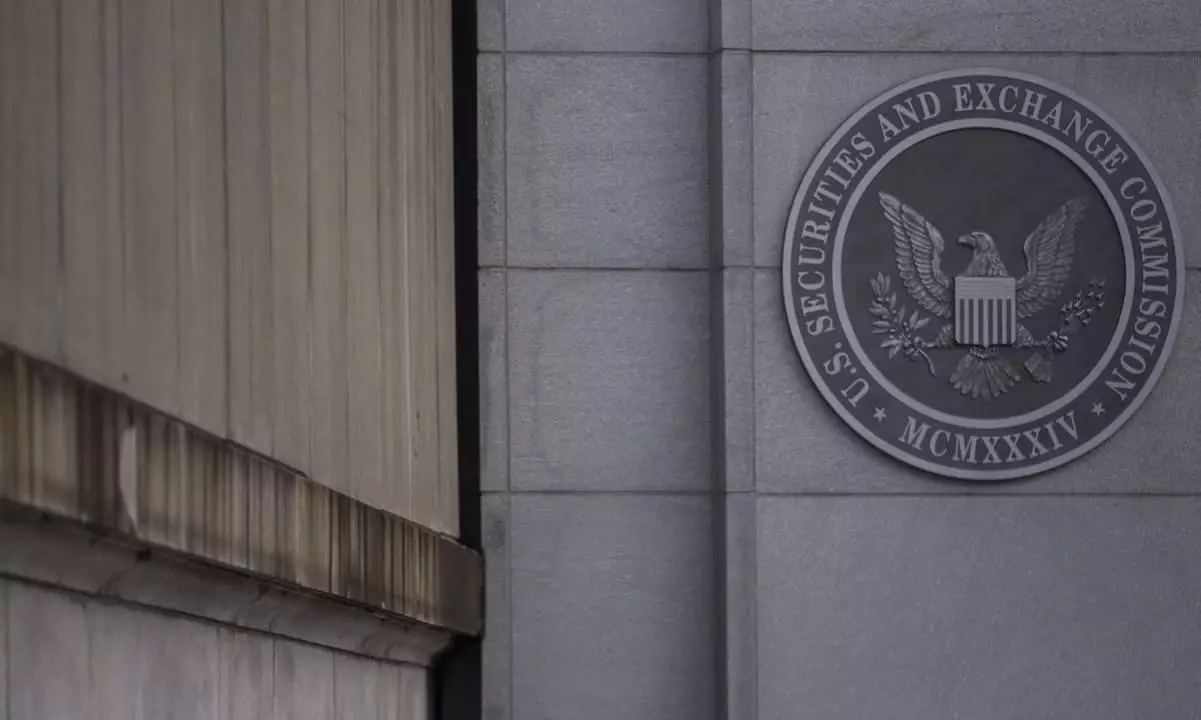The landscape of cryptocurrency trading in the United States has experienced a significant shake-up with the recent actions of the Securities and Exchange Commission (SEC) against eToro. The financial services platform, known for its accessibility to retail investors, is set to discontinue trading for the vast majority of its cryptocurrency offerings. This decision, prompted by allegations of violating federal securities laws, marks a pivotal moment not only for eToro but also for the broader crypto industry in regulatory terms. As the line between traditional finance and digital assets blurs, eToro’s situation exemplifies the critical need for compliance amidst a rapidly evolving regulatory environment.
According to the SEC, eToro has been operating outside the law since at least 2020 by acting as an unregistered broker and clearing agency. The crux of the matter is that eToro facilitated crypto asset trading that the SEC categorized as securities, without appropriate registration. This has profound implications for how platforms operate, emphasizing the regulatory expectations that accompany financial services, even in the realm of digital currencies. Settling the case, eToro has agreed to pay a $1.5 million fine, indicating a willingness to adhere to regulatory frameworks albeit under pressure.
The SEC’s Director of the Division of Enforcement, Gurbir Grewal, stated, “By removing tokens offered as investment contracts from its platform, eToro has chosen to come into compliance.” This signals a recognition in the industry that proactive compliance may be essential for survival in the competitive trading landscape, especially as regulatory scrutiny is expected to intensify across the board.
In the wake of this settlement, eToro will restrict its trading offerings to only three major cryptocurrencies: Bitcoin (BTC), Bitcoin Cash (BCH), and Ether (ETH). This limitation not only affects eToro’s current customer base but also underscores a broader trend within the industry where exchanges may choose to limit assets to those that meet regulatory standards. Customers of eToro now face a 180-day deadline to liquidate any remaining assets flagged for removal, placing the onus of action on users who may need to adapt quickly to the impending changes.
The implications of this decision extend beyond immediate customer concerns. For many users, this restriction on trading assets raises questions about the future of cryptocurrency investments within the framework of U.S. law. As a result, investors must navigate their strategies in a landscape that is increasingly becoming more regulated and less diverse in terms of available trading options.
eToro is not alone in facing regulatory challenges. The company has taken steps since May 2023 to align itself with the evolving legal landscape, preemptively restricting access to various tokens recently classified in lawsuits involving other exchanges, like Coinbase and Binance. The regulatory environment is reshaping the operational strategies of exchanges, compelling them to engage in a rigorous compliance audit of the assets they list.
Moreover, eToro’s troubles are compounded by legal challenges from international regulators, namely a lawsuit from the Australian Securities and Investments Commission. This points to a broader issue of regulatory compliance that transcends borders, highlighting the importance for crypto platforms to maintain stringent adherence to legal guidelines globally.
EToro’s recent experiences serve as a critical case study in the complex interplay between innovation, regulation, and user experience within the cryptocurrency trading ecosystem. The ongoing metamorphosis of the crypto market may necessitate a recalibration of strategies for both service providers and investors alike, ensuring that compliance is at the forefront of future endeavors.















Leave a Reply